We’ve all been there. You’re working on something important, and suddenly your computer decides it’s time to take a nap. Before you throw it out the window, let’s try some quick fixes to speed it up. No technical jargon here—just simple steps that might save your sanity and your computer. We have all been there. You are dealing with something significant, and unexpectedly your computer chooses now is the ideal time to sleep. Before you toss it through the window, how about we attempt a few handy solutions to speed it up. No specific shop talk then a basic way that could save your explanation and techwrp.com your computer.
Restart Your Computer
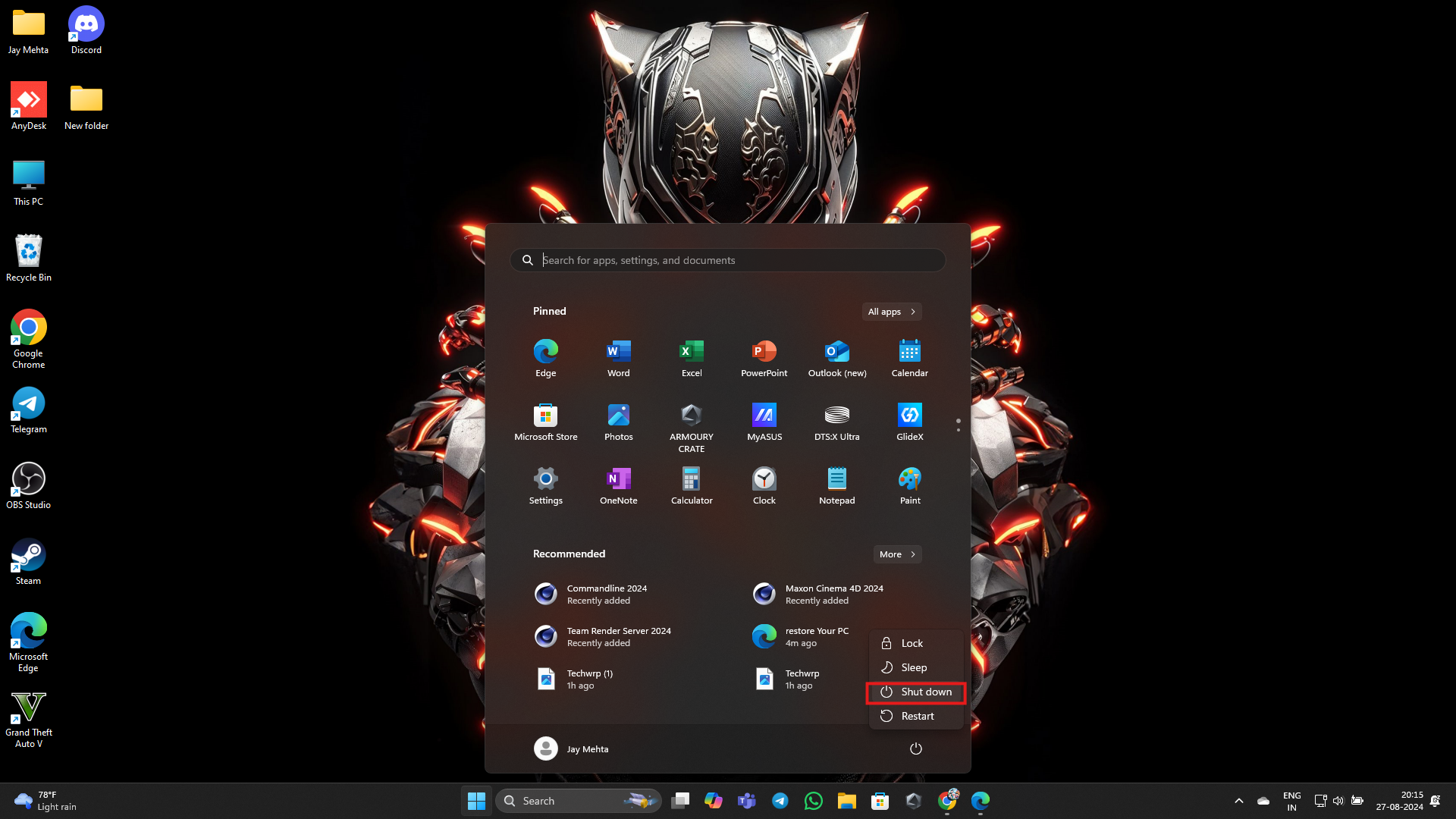
Yes, it sounds basic, but restarting your computer can do wonders. Think of it as a nap for your computer. It clears out the temporary files, stops unnecessary processes, and gives your system a fresh start. Plus, it’s a good excuse to grab a coffee.
When was the last time you turned off your computer? If your answer is “Uh, I can’t remember,” then it’s definitely time for a restart. Restart clears out temporary files and gives your system a fresh start. It’s like a morning coffee for your computer!
Alright, I know this one sounds like something your grandma would suggest, but there’s a reason it’s a classic. Restart your computer clears out the memory and closes all those sneaky background processes that might be slowing things down. It’s like giving your computer a fresh start—kind of like that first cup of coffee in the morning. techwrp.com
Close Unnecessary Programs
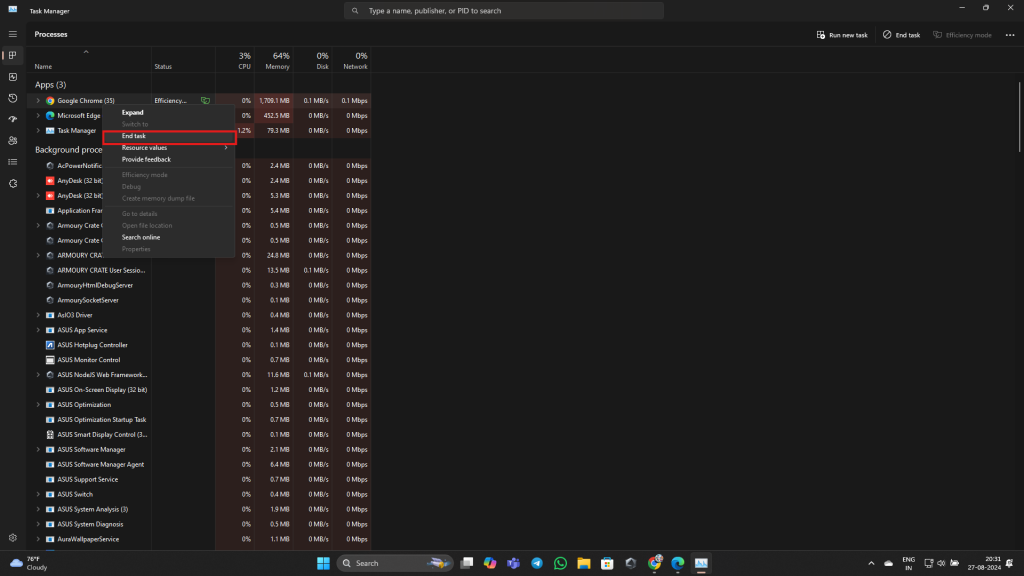
If your computer slow, it might be because it’s trying to juggle too many tasks at once. Close any programs you’re not using. Just like you wouldn’t want to cook dinner, do laundry, and write an essay all at once, your computer doesn’t want to run 20 programs simultaneously.
First things first, do you have a gazillion tabs open in your browser? It’s time to play a game of “Tab Tetris.” Each tab, window, or program running in the background is stealing some of your computer speed. techwrp.com
Ever notice how your computer slows down when you have 50 tabs open? It’s not just in your head. Closing unnecessary programs frees up resources, making your computer run faster. If you’re like me and tend to hoard tabs, try bookmarking them for later. Your computer will thank you.
Check for Viruses and Malware
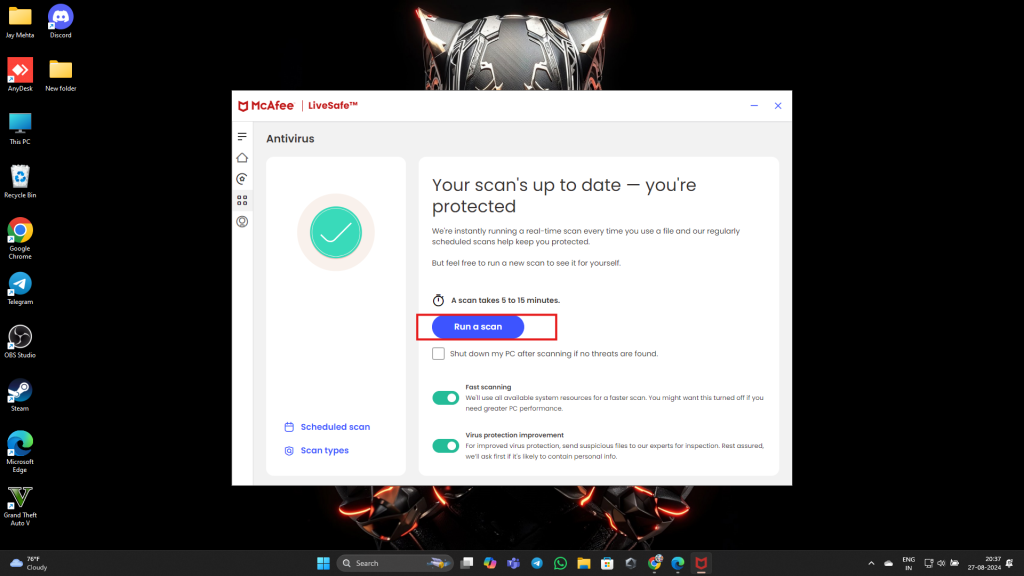
Malware is like that annoying neighbor who keeps borrowing your stuff without asking. It slows down your computer and can cause serious issues. Run a full scan with your antivirus software to kick those digital freeloaders to the curb. And maybe install an extra lock on the door while you’re at it.
If your computer is crawling at a snail’s pace, you might have picked up some unwanted digital hitchhikers. Run a virus and malware scan to make sure your computer isn’t infected. Think of it as giving your computer a much-needed health check. techwrp.com
If your computer is crawling at a snail’s pace, you might have some unwanted guests—malware and viruses. Running a virus scan can help identify and remove these troublemakers. Think of it as sending a bouncer to kick out the rowdy crowd slowing down the party.
Delete Unnecessary Files
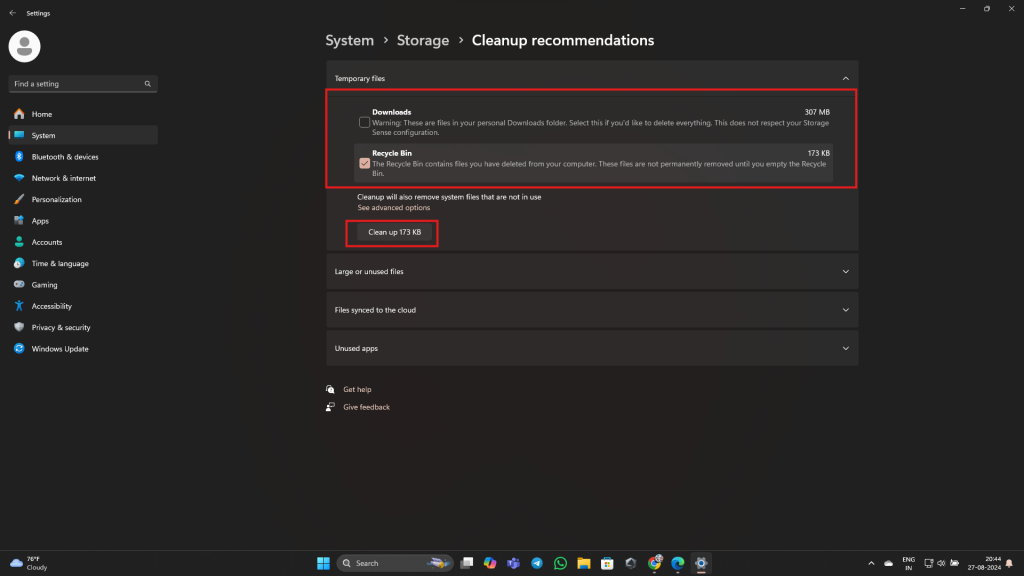
Your computer needs space to breathe. If your hard drive is cluttered with old files, it’s like trying to find your keys in a room full of junk. Go through your files, delete anything you don’t need, and consider moving large files to an external drive or cloud storage. Marie Kondo would be proud.
Over time, your hard drive can get cluttered with old files, downloads, and duplicates. Use disk cleanup tools to clear out the junk. It’s like giving your PC a little spring cleaning, and we all know how good that feels! techwrp.com
Temporary files are like the crumbs in your keyboard—they build up over time and slow things down. Use Disk Cleanup (for Windows users) or CleanMyMac (for Mac users) to get rid of those pesky files and free up space. You’ll be surprised at how much faster your computer runs afterward.
Disable Startup Programs
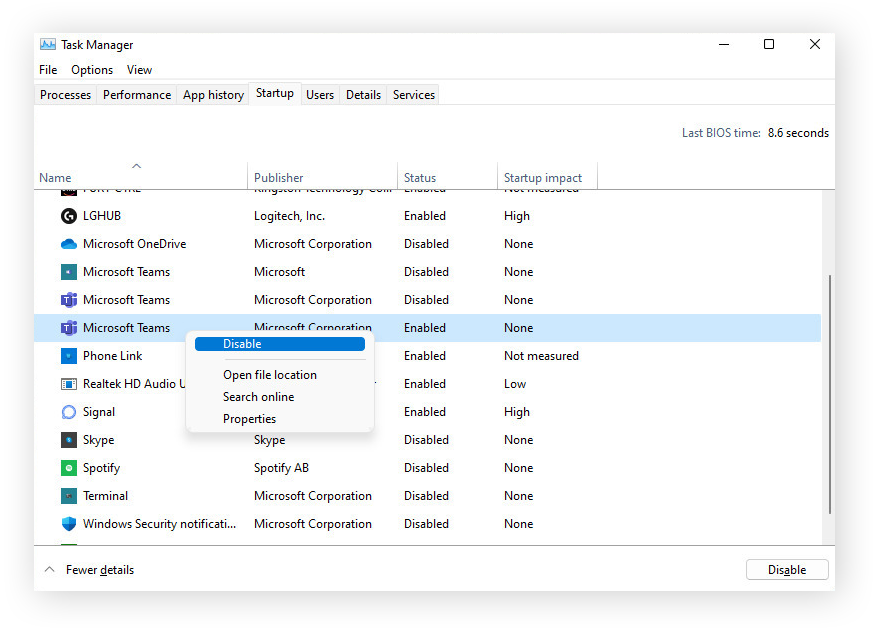
When you turn on your computer, some programs automatically start running in the background. This can slow down your boot time. Disable startup programs you don’t need right away. It’s like having too many chefs in the kitchen sometimes you need to tell a few to take the day off.
Got programs you never use? Time to Marie Kondo your computer! Uninstall any software that doesn’t spark joy. Not only will this free up space, but it’ll also make your computer run faster. It’s a win-win!
When your computer takes forever to start, the culprit is often too many programs launching at once. Disabling unnecessary startup programs can speed up your boot time. Go to your Task Manager (Windows) or System Preferences (Mac) and trim the fat. techwrp.com
Update Your Operating System and Software
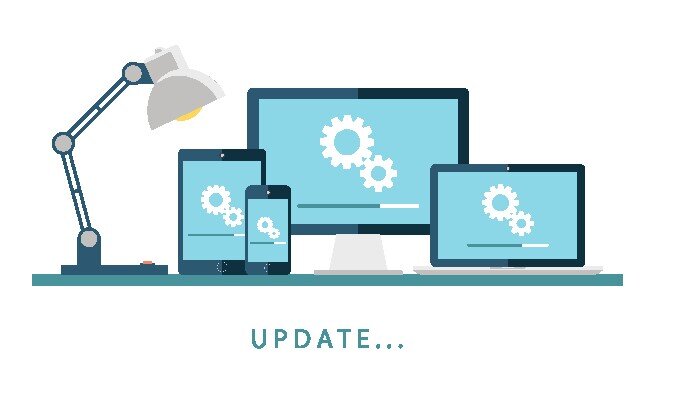
Updates can be annoying, but they’re essential. They often include performance improvements and security patches. Make sure your operating system and software are up to date. Think of it as a regular health check-up for your computer.
Software updates might be annoying, but they’re important. Updates often include speed improvements and bug fixes. So, next time you see that update notification, don’t hit “Remind me later” for the 100th time. Go ahead and update techwrp.com
Check Your Hard Drive’s Health
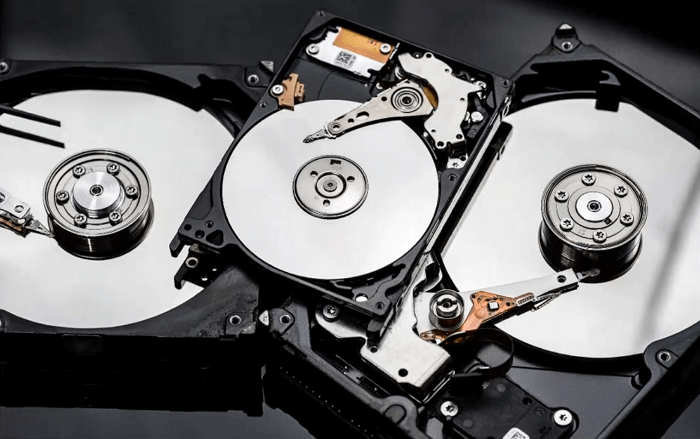
Over time, your hard drive can develop issues that slow down your computer. Check your hard drive for errors by running a disk check. If your hard drive is failing, it might be time to replace it with a new one, preferably a Solid-State Drive (SSD) for better performance.
Over time, your hard drive can get cluttered with old files, downloads, and duplicates. Use disk cleanup tools to clear out the junk. It’s like giving your PC a little spring cleaning, and we all know how good that feels!
If your computer is still struggling, it might be time to consider a hardware upgrade. Adding more RAM or switching to an SSD can significantly boost your computer performance. It’s like giving your old car a new engine—suddenly, it can keep up with the big boys on the highway. techwrp.com
Regular Maintenance is Key
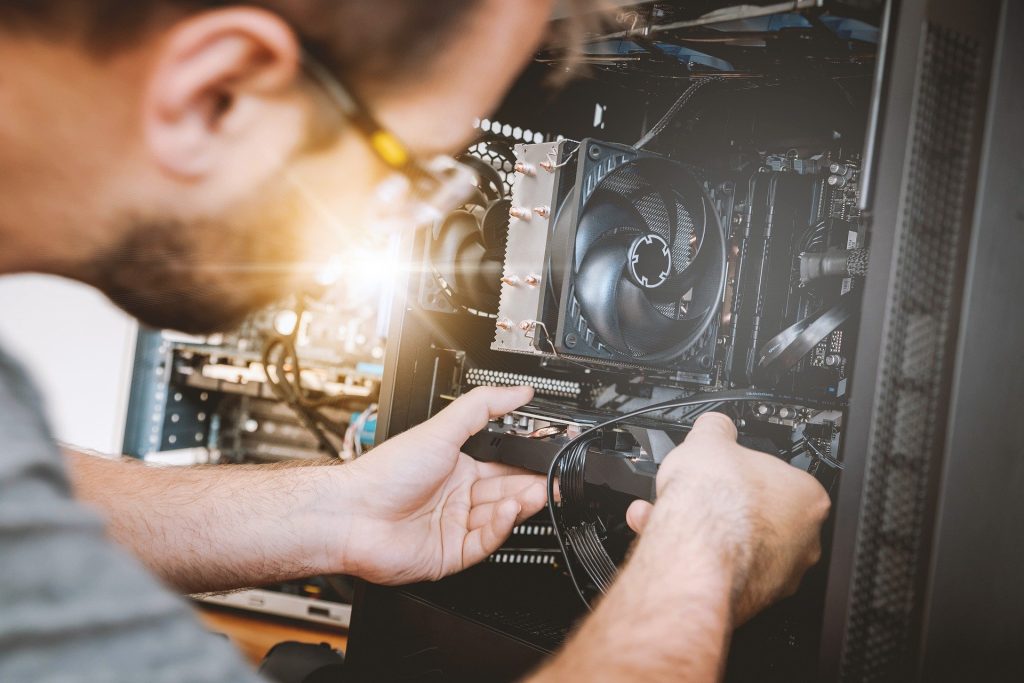
Like a car, your computer needs regular maintenance to run smoothly. Set aside some time each month to clean out files, check for updates, and run a virus scan. It doesn’t take long, but it can save you from a lot of frustration down the line. techwrp.com
Remember, a little effort goes a long way in keeping your computer in top shape. And who knows? With these tips, your computer might just start running faster than you!
FAQs
Q1: Why is my computer suddenly so slow?
A: There could be many reasons—too many programs running, a lack of storage space, or even malware. Start with the basics: close unnecessary programs, check for viruses, and free up some space.
Q2: How often should I restart my computer?
A: Restarting once a week is a good habit. It helps clear out temporary files and gives your system a fresh start.
Q3: Will adding more RAM really make a difference?
A: Yes! If your computer struggles with multitasking, adding more RAM can help. It’s one of the most effective ways to speed up a sluggish system.
Q4: Should I upgrade to an SSD?
A: Absolutely! SSDs are faster than traditional hard drives and can significantly boost your computer’s performance.
Q5: How do I know if my hard drive is failing?
A: Symptoms include frequent crashes, error messages, and strange noises. Running a disk check can help identify any issues.


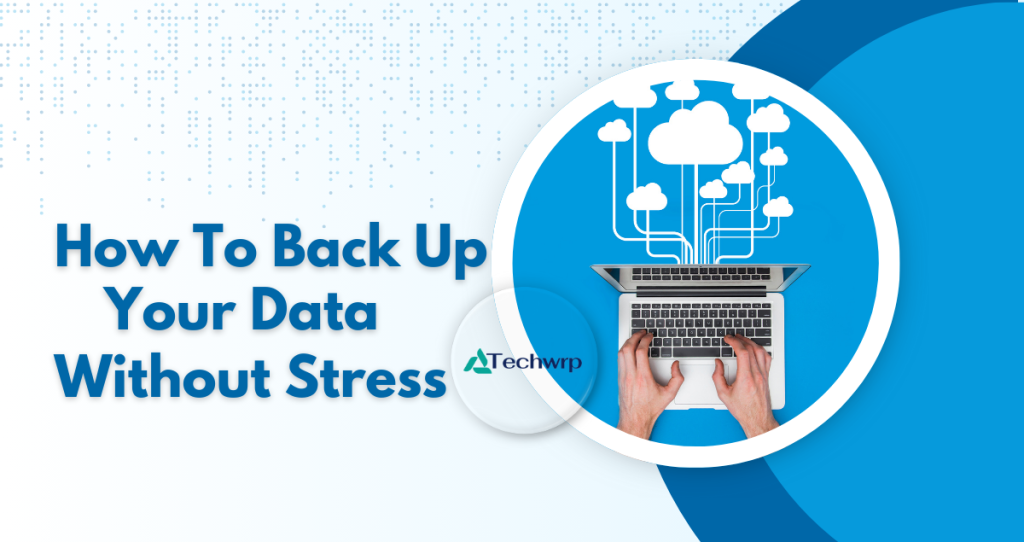
Good👍